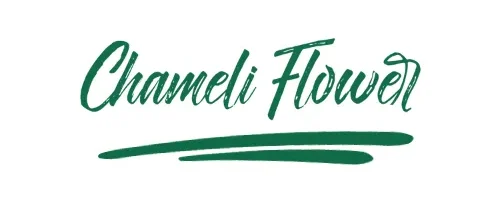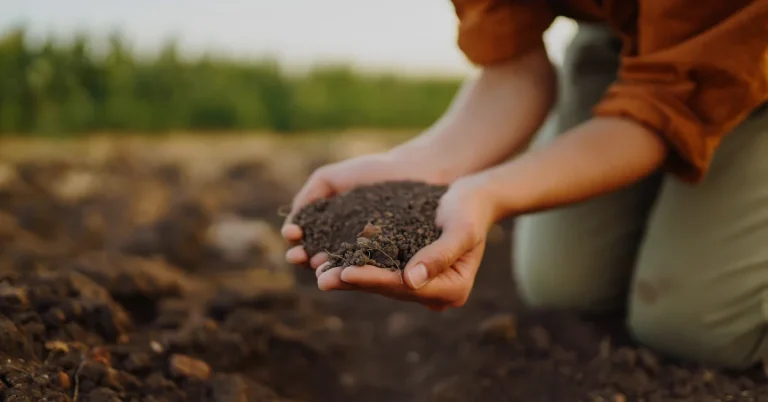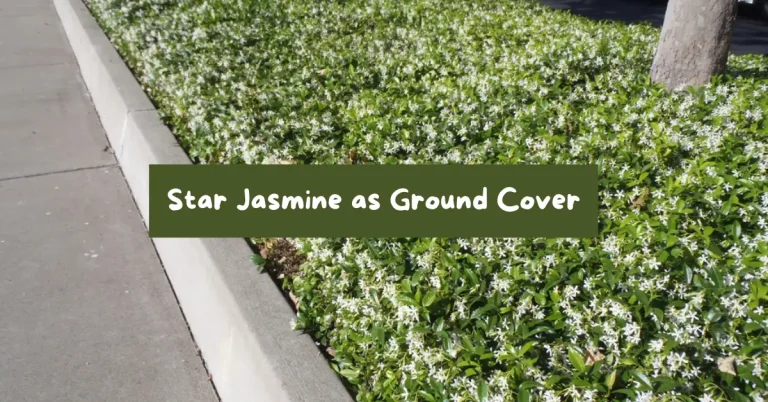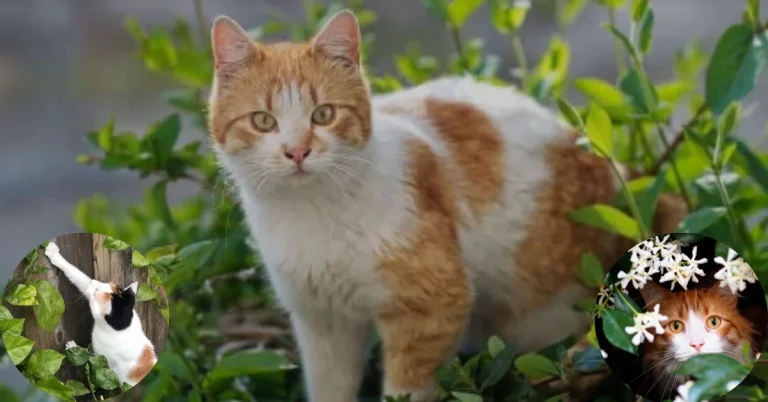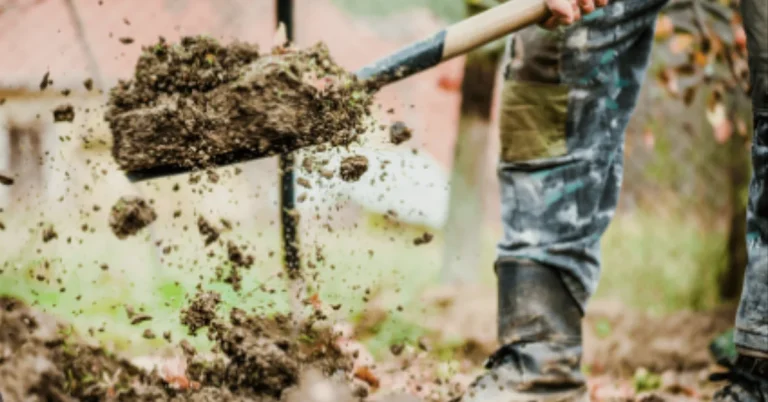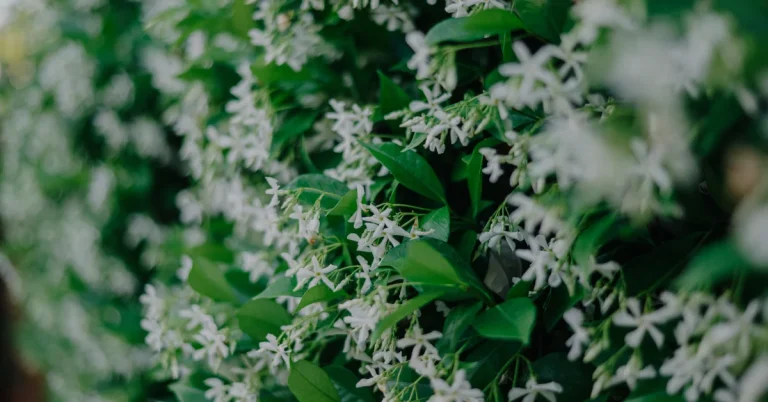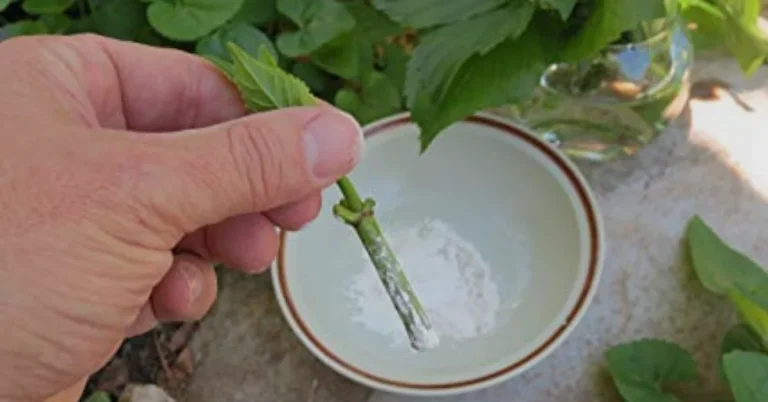Is Jasmine Flower Edible? (Which Are Toxic)
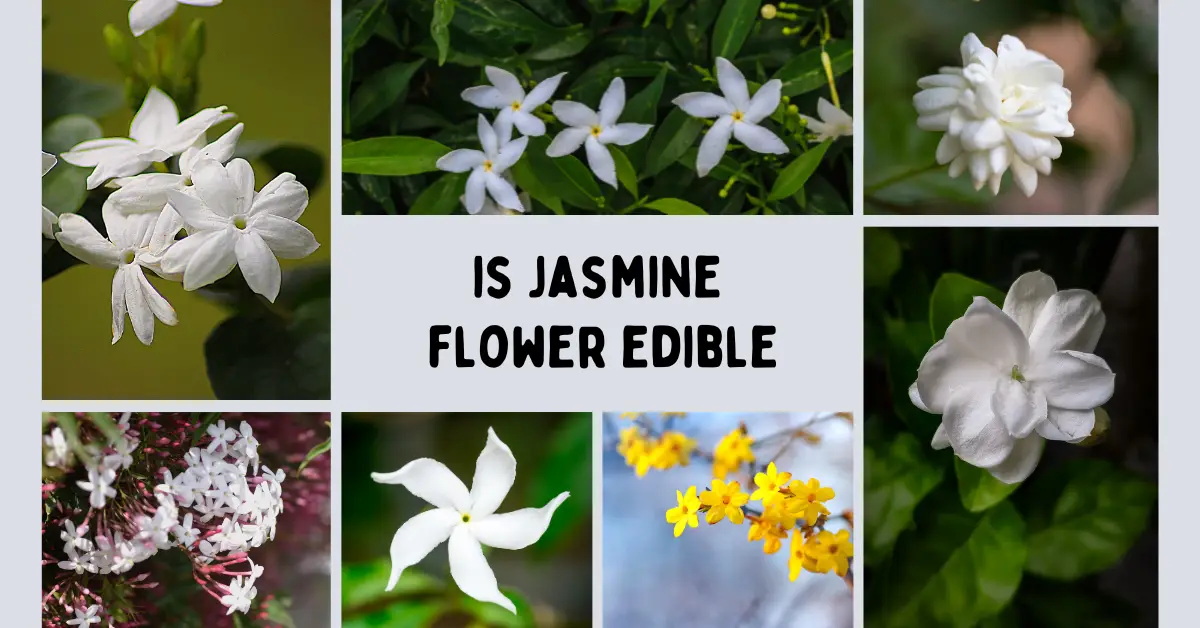
Home gardeners and jasmine flower lovers often ask “is jasmine flower edible?” The answer is Yes. Jasmine Flower is edible both in fresh and dry form. Hence, it is necessary to make sure that no chemical spray is applied in recent dates.
Edible flowers have rich history and being used since 3000 B.C. In modern days, due to advancements in agriculture and technology, we came to known more about health benefits of edible flowers. They are used in herbal medicines. Due to their healing properties, they are used in making syrups, Kehwa, Teas and cooking recipes.
Jasmine flowers have a delicate floral aroma and flavor and commonly used in teas, desserts, syrups, and as a garnish for salads or savory dishes.
Here comes an important question. Are all varieties of jasmine edible?
No, all jasmine varieties are not edible. Yellow jasmine is the toxic variety of jasmine. The whole plant parts are poisonous.
Generally, Arabian Jasmine (Jasminum Sambac) is widely used in cooking and for jasmine tea.
Below is table about edible and not edible varieties of jasmine flower.
Edible and Toxic/Poisonous Varieties of jasmine Flower
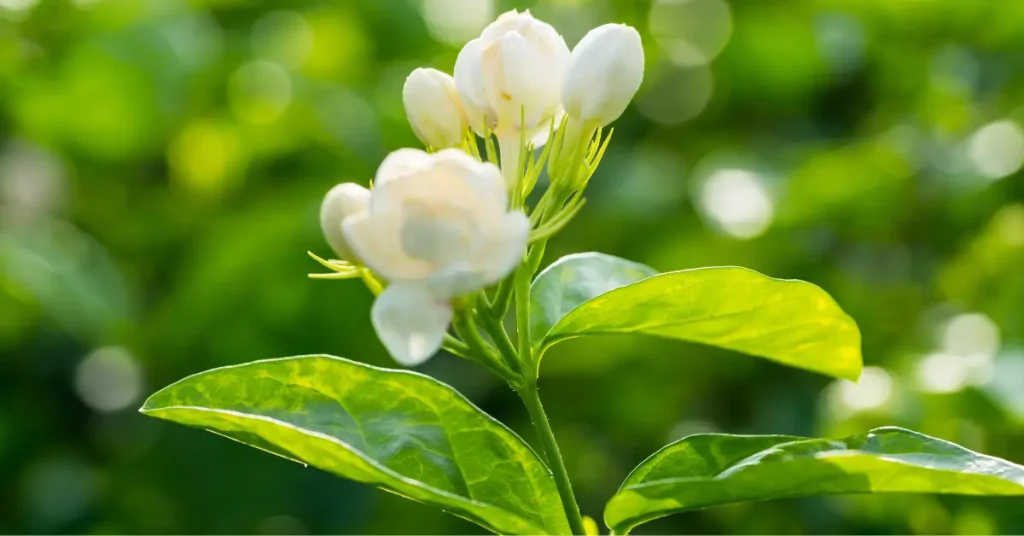
Arabian jasmine
Edible for Pets and Humans
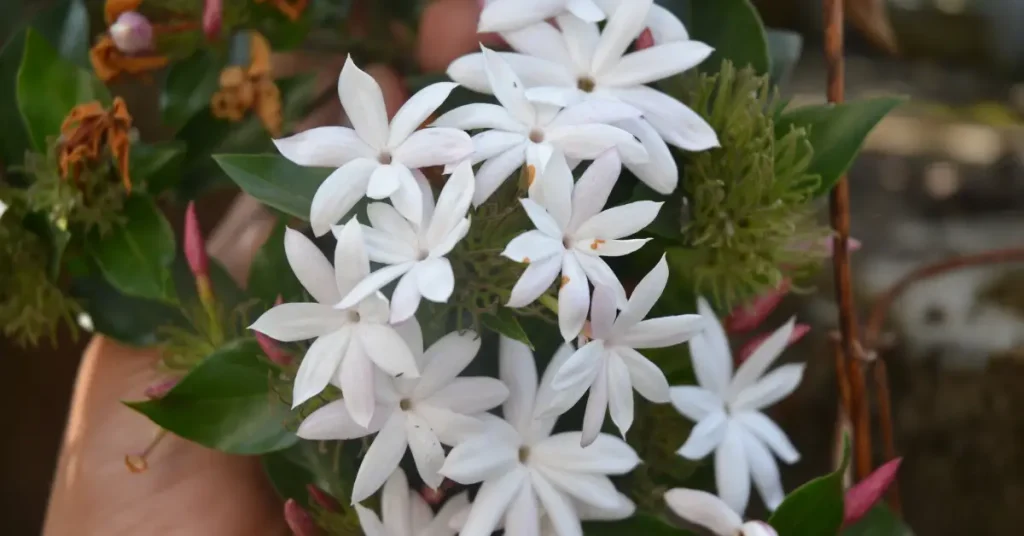
Star Jasmine
Non-Toxic, however, avoid as a Food Source
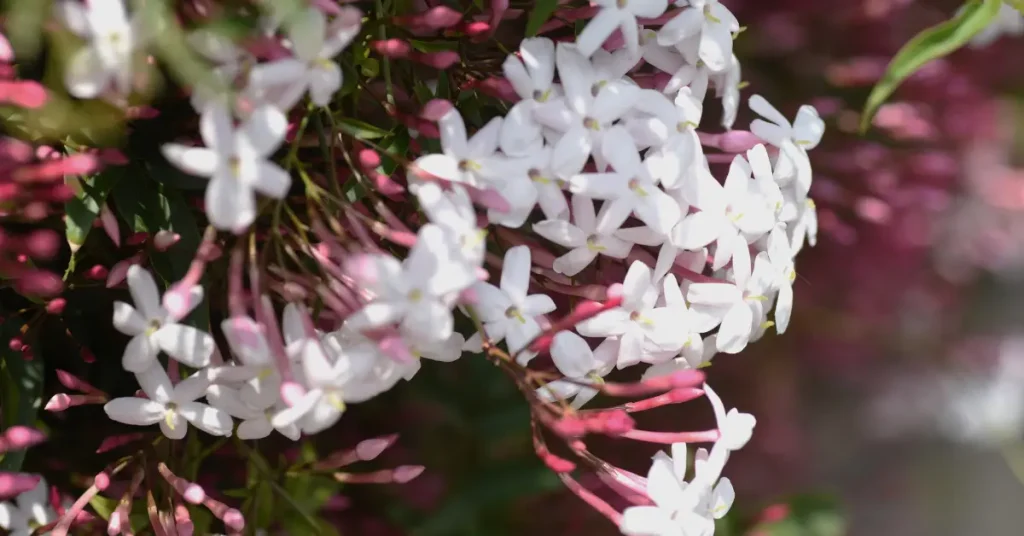
Pink Jasmine
Non-Toxic, however, avoid as a Food Source
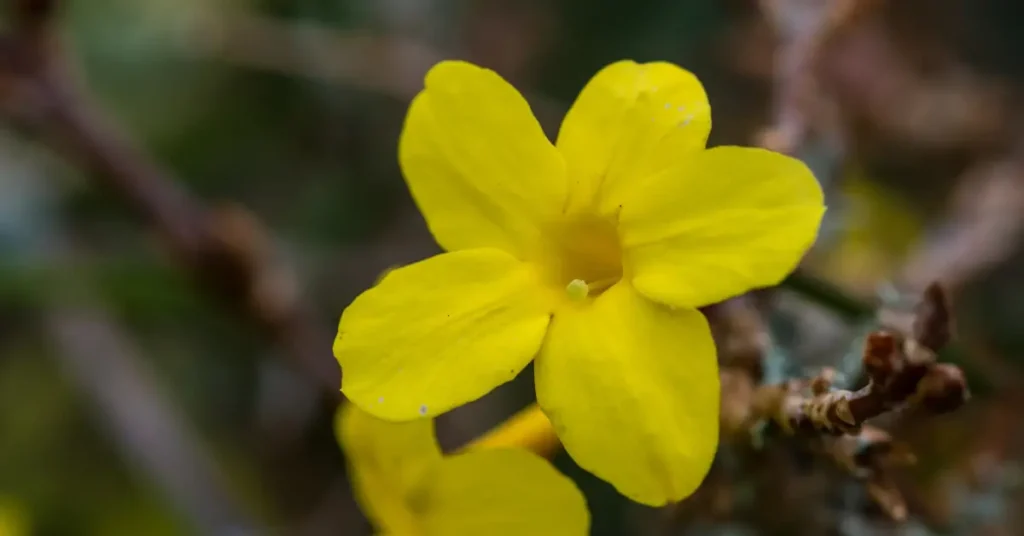
Yellow Jasmine
All Parts are Poisonous
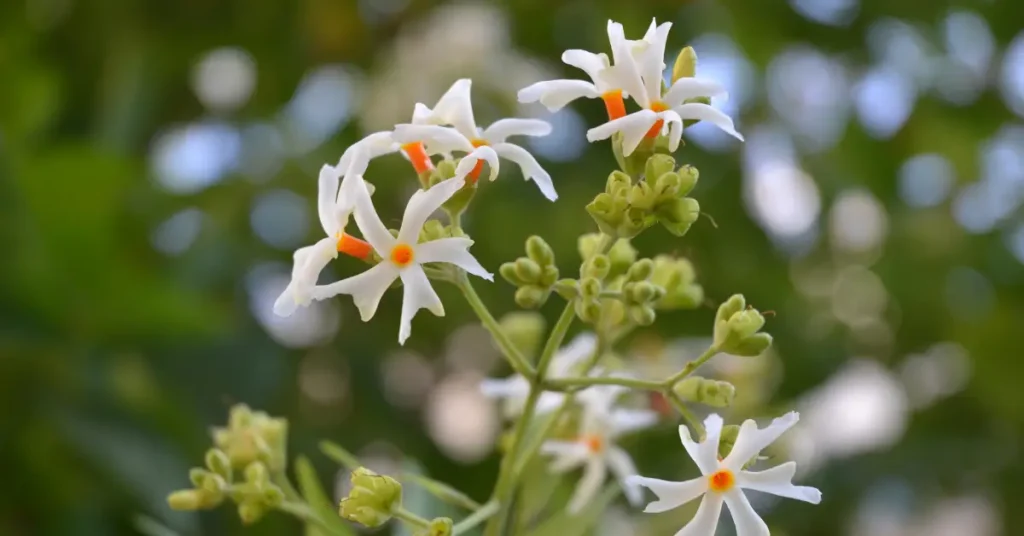
Nightblooming Jasmine
Poisonous
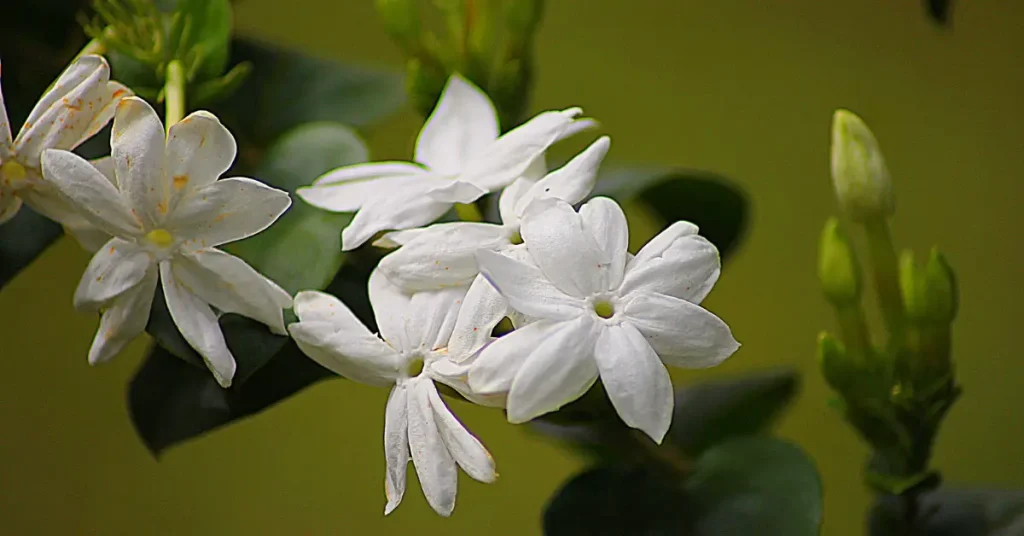
Common Jasmine
Edible

I am a Food Technologist. Content writer and inspire my readers to understand the composition, production, and processing of different types of food.
